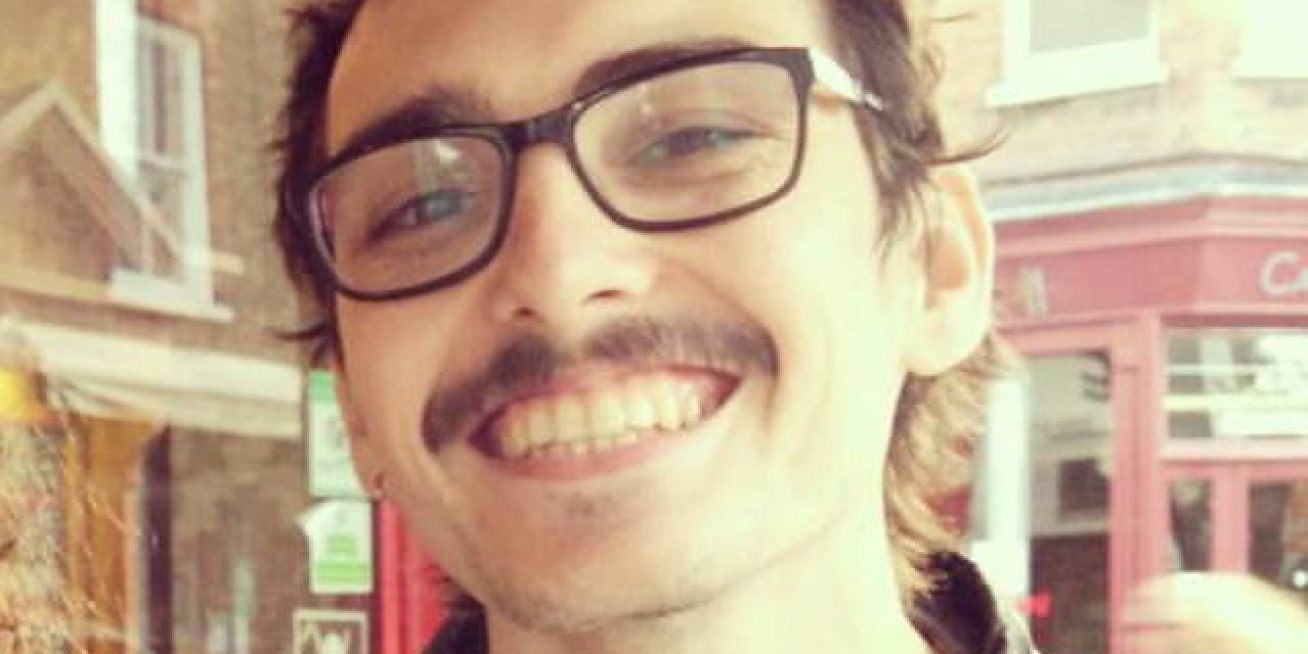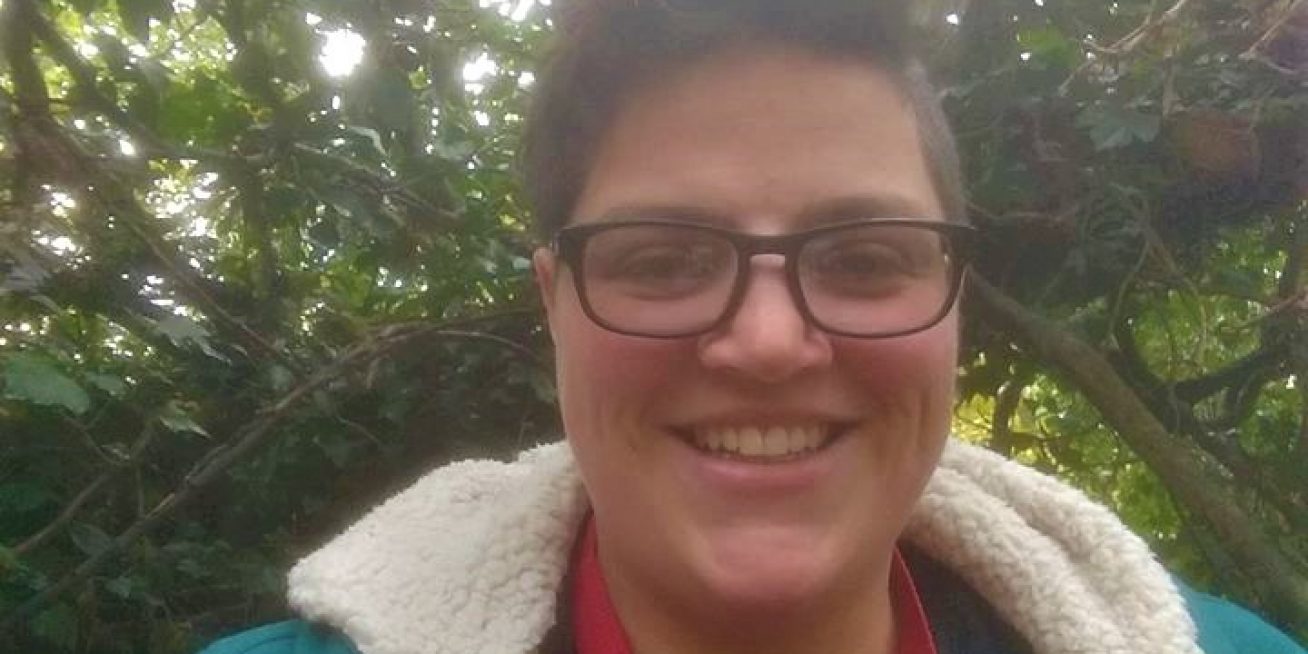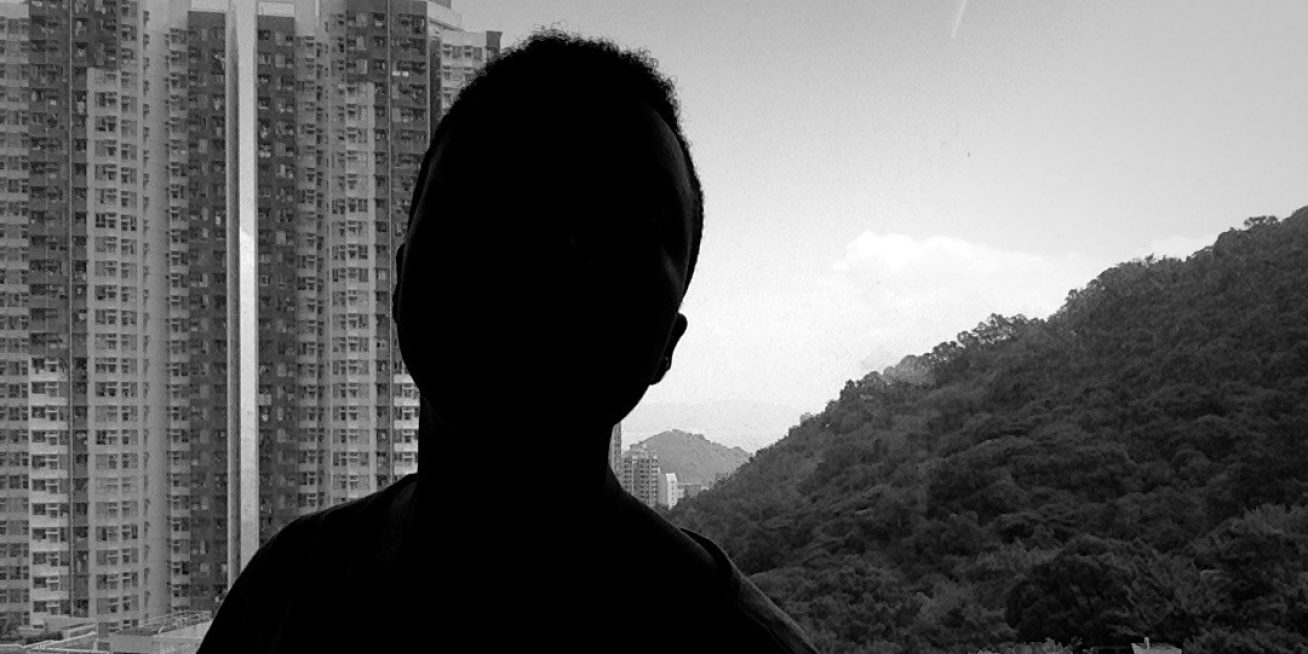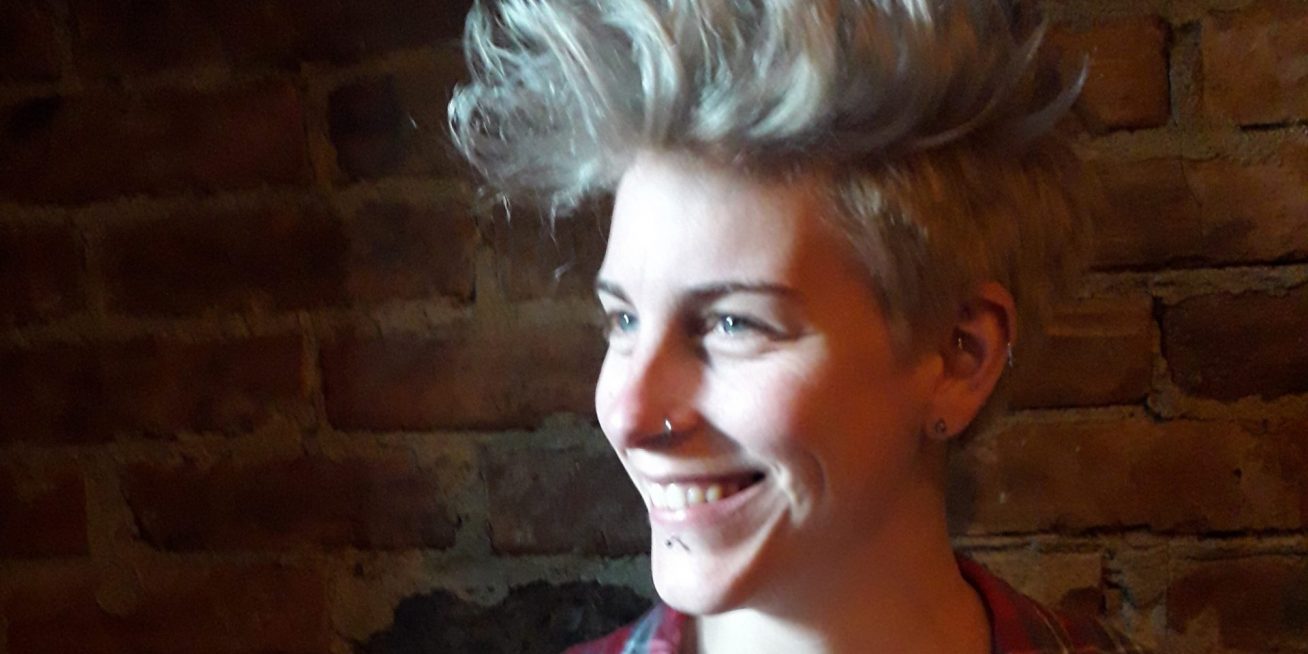Debating how we lived our lives
Joy remembers the debates within feminism, and tensions between lesbians and straight women.
TRANSCRIPT
At the time there were a lot of issues being looked at and there were big debates around, between women, around the sort of women’s space and whether in a women’s space we could have boy children. How heterosexual and lesbian women related to each other and, you know, how women should live their lives. A lot more about the way that we lived our lives, the relationships whether they were open relationships or marriage; marriage was seen as obviously oppressive to women. Being married was a problem to some women and there was a lot of discussion about the way we lived our lives and how we lived, so that’s one of the reasons I lived in a housing co-op, which although it was not women only, a lot of those issues were involved.I mean obviously there were a lot of debates around issues to do with violence against women, rape and issues to do with safety on the streets, pornography. And then there was the whole Yorkshire Ripper thing that went on. And so that made safety and violence even more important in the discussions that were going on, and the threat of violence and how men used violence to keep women in their place really, and how we respond to that. And support for women who’d experienced domestic violence.
There were all sorts of issues between women about feminism and how we lived our lives and I think it… there were often conflicts and tensions between lesbians and straight women around what we could do, work together around, and where there was a separate issue. And really… there were issues of trust I think as well, you know, whether we could trust each other, whether we could work together effectively, and I think interestingly, early on that was around having children. But as more lesbians wanted to have children, then the issue of how you incorporated children into your lives and your politics, as well as the issue of male children, became more transparent really and more practically… they were there but you couldn’t, it wasn’t just a theoretical debate, it was how you actually incorporated them into your lives.
And women living a whole mix of relationships, I mean, you know, people living in more open relationships or having a number of partners and then people being, you know, very clear that they only wanted to be in… a partner… and have only one partner and how you actually managed all that, and what was the right thing to do and how did you… In a way quite exciting and quite dynamic. I had friends who were lesbians and then suddenly they would get married to a man, out of nowhere it felt like. It was… it felt like people were dipping their toes in the water a lot more and women prepared to take risks, a lot of risks taken, in their own lifestyles, living in co-ops or living in different collectives and things. So it was all very dynamic.







